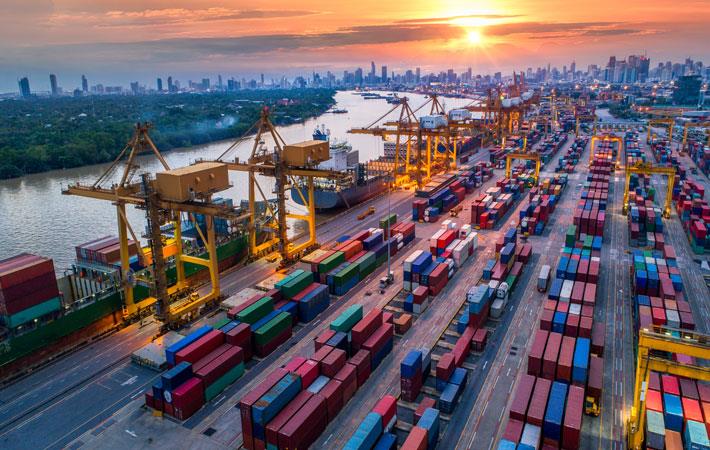Myanmar will take measures to raise overseas demand for indigenous goods as cheaper imports from the region are expected to rise now that the country will participate further in the ASEAN Free Trade Area (AFTA). This should also keep the country’s trade deficit, which was down to $627 million in fiscal 2019-20 from $5.2 billion in 2016-17, stable.
Under AFTA, Myanmar is expected to substantially lower the import duties for a list of goods to as little as zero and no more than 5 per cent.Myanmar will take measures to raise overseas demand for indigenous goods as cheaper imports from the region are expected to rise now that the country will participate further in the ASEAN Free Trade Area (AFTA). This should also keep the country's trade deficit, which was down to $627 million in fiscal 2019-20 from $5.2 billion in 2016-17, stable.#
The country has in place the Import Protection Law to ensure domestic manufacturers are not threatened, said deputy commerce minister U Aung Htoo. It will also receive benefits from AFTA, as it will enjoy lower duties when exporting within ASEAN, he said.
The Import Protection Law gives Myanmar the right to raise duties for a period of three years on imported goods that severely affect or threaten local manufacturer.
Some traders have voiced their approval over the changing trade environment. Daw Yin Yin Moe, CEO of Hla Yin Moe, a textile and garment company, said that over the past five years her company was able to import industrial apparatus and machineries.
“With lower duties, it was easier to import more modern machineries to upgrade our operations,” she said, adding that her factory now produces 100,000 pieces of clothing a month compared to 30,000 before the new machineries were brought in.
To leverage on that environment, Myanmar has launched its second five-year National Export Strategy (NES) for the 2020-2025 period. Under the second NES, six sectors - gems and jewellery, agriculture-based food products, textiles and garments, machinery and electrical equipment, fisheries and forestry and digital -have been added on as priority sectors, according to a report in a Myanmarese newspaper.
Five other support services sectors - digital products, logistics, quality control, trade information and innovation and entrepreneurship - will also be implemented under a framework to be set up within the next five years, added Htoo.
Fibre2Fashion News Desk (DS)
